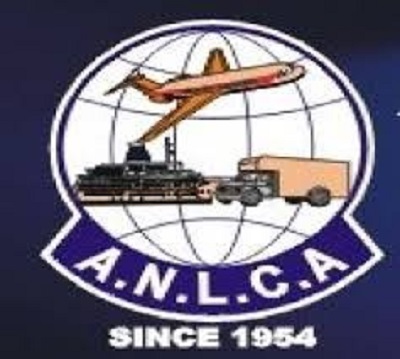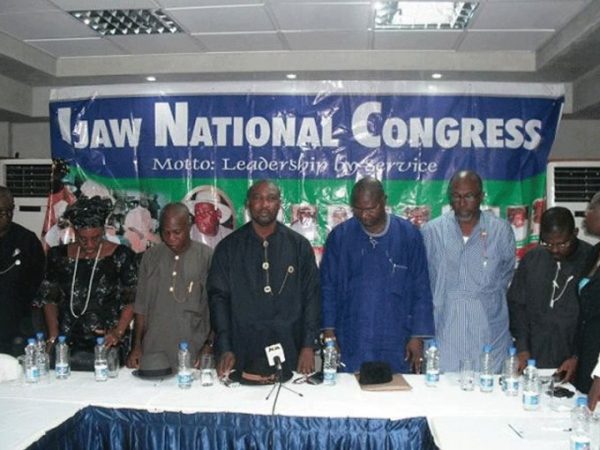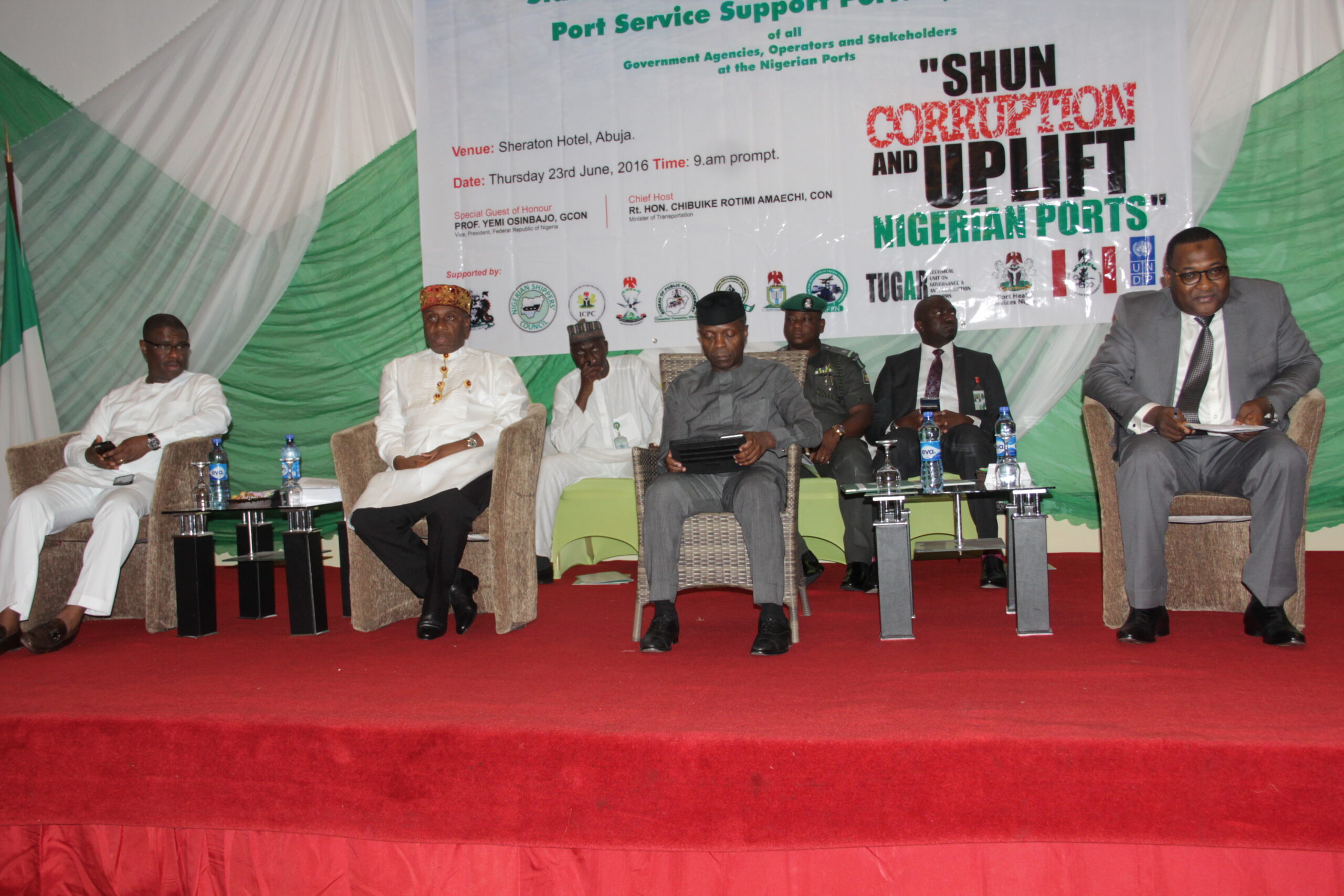ANLCA Sets Chartered Institute As Top Priority In 2020

By Kenneth Jukpor
The Association of Nigerian Licensed Customs Agents (ANLCA) has set the attainment of a Chartered Institute of Customs Brokers in Nigeria as its top agenda for 2020.
The President of ANLCA, Hon. Tony Iju Nwabunike made this revelation during an exclusive chat with MMS Plus newspaper in Lagos, last week.
According to him, the Institute would enable practitioners raise the level of professionalism with the availability of a charter as can be found in other parts of the world.
Nwabunike stressed that ANLCA would actively engage the necessary legislative and executive arms of government to make the attainment of the Chartered Institute a reality in 2020.
Meanwhile, he commended Nigerian Shippers’ Council (NSC) for its 2020 agenda to put an end to the collection of container deposits by shipping companies in the country.
Nwabunike referred to the initiative as a welcome development, noting that most of the challenges that lead to untimely return of empty containers such as the traffic congestion, absence of empty container holding bays, among others were not the fault of freight forwarders.
“I have good reasons to support the Shippers’ Council boss on this because the situation report today is alarming. I have been thinking about this problem for a while. Shipping lines collect container deposits from us without considering that the problems aren’t caused by us. Most times, after returning the containers they introduce charges for cleaning the containers, delay of the containers, and other charges that are not necessary. ANLCA would give Shippers’ Council total support to ensure that this regime of container deposit doesn’t continue” the ANLCA President said.
Recall that the Executive Secretary of Shippers’ Council, Mr. Hassan Bello told MMS Plus that the Council would work towards the elimination of container deposits this year.
Bello’s words: “In 2020, Shippers’ Council intends to bring insurance to play a key role in the transportation sector. The insurance companies should be able to mitigate the risk. There should be no container deposit because this risk is something that insurance companies can handle. People could own their containers while the role of insurance would ensure that this tariff structure is eliminated.”







